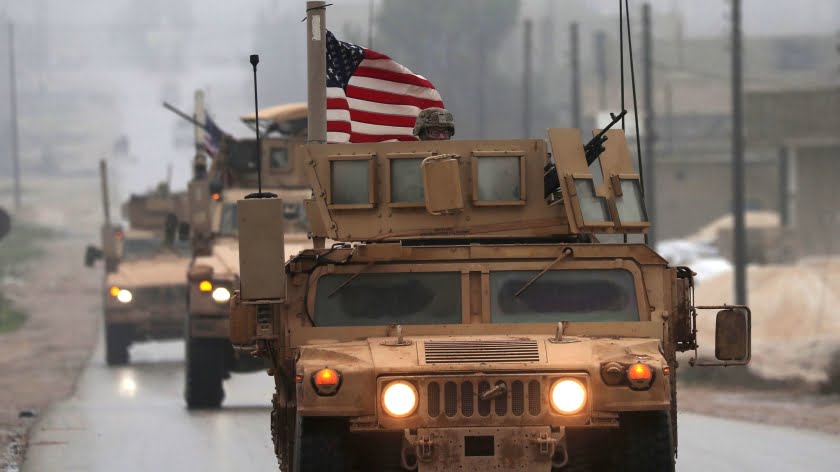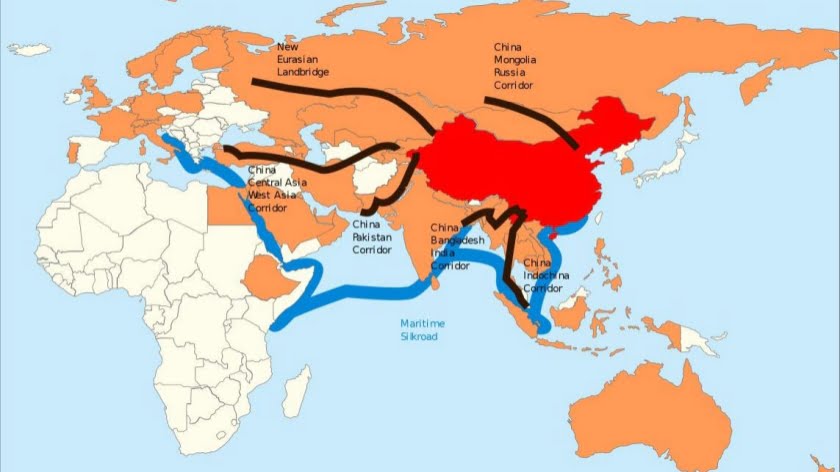A Rational Take on Why Daesh Is Targeting US Troops in Syria at This Specific Time
Two Daesh suicide attacks recently took place in Syria over a period of just five days, suggesting that they’re part of a coordinated strategy being employed by the terrorists against the withdrawing American troops. The “qui bono” principle has led to many observers suspecting that the whole point is to either delay Trump’s promised drawdown or inflict political damage on him at home by shaping the narrative that he’s “retreating” in the face of what he’s previously described as “radical Islamic terrorism”. This puts the President on the horns of a classic dilemma because there’s no perfect approach to dealing with this problem, though a so-called “compromise solution” could be to gradually replace American troops with a combination of regional proxies and mercenaries per the “Lead From Behind” strategy of outsourcing geopolitical responsibilities to likeminded partners.
While one can speculate on whether the Kurds encouraged these attacks as a false flag excuse for their American patrons to continue protecting them from the Turks or whether Trump’s “deep state” foes had a hand in this in order to undermine his planned withdrawal, most responsible analyses would probably nevertheless conclude that Daesh likely has some so-called “sleeper cells” all throughout Syria and is waiting to operationalize them at opportune moments such as now in order to achieve political objectives like the two that were just described. Seeing as how it’s almost impossible to discover these plots until they’re already in motion, it’ll be difficult to prevent reoccurrences of what just happened and the priority should therefore be shifted to tactical responses that could be employed in the field.
The two latest “sleeper cell” attacks targeted joint US-Kurdish patrols in Northeastern Syria, and while these “hard” military targets might remain in the crosshairs, it can’t be ruled out that “soft” civilian ones won’t soon be victimized too. In the interests of the local population’s security, proactive measures might have to be undertaken during certain times to limit freedom of movement and access to certain sites, though a fine line must be drawn between implementing responsible policies and imposing a “national security state”. These new security concerns have yet to interfere with the US’ planned withdrawal because they don’t require American troops to enter into force, though it should be expected that any follow-up attacks of this nature will be exploited by Trump’s foes in a last-ditch infowar effort to keep “boots on the ground” in Syria.
By Andrew Korybko
Source: Oriental Review







